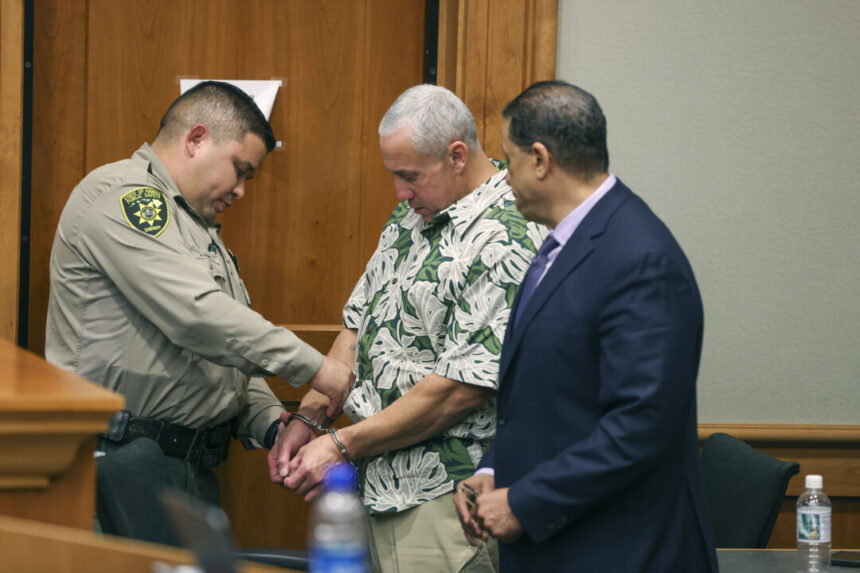A man in Hawaii identified as a possible suspect in a decades-old murder and sexual assault case killed himself after police obtained a DNA sample from him. The Hawaii Police Department confirmed that the DNA from the victim matched that of 57-year-old Albert Lauro Jr. Lauro died by suicide at his home after police collected a DNA sample from him through a discarded fork.
Despite the DNA evidence linking Lauro to the crime, the statute of limitations prevented authorities from charging him with rape. However, murder charges could still be pursued, although there was not enough evidence to directly link Lauro to the victim’s death.
The case gained attention after a man who had been wrongfully convicted of the crime was released based on new evidence. The man’s legal team criticized the police for not taking appropriate steps to prevent Lauro from fleeing or harming himself after obtaining his DNA. They called for a federal investigation into the handling of the case.
Police defended their actions, stating that they followed proper procedures and denied any sabotage of the investigation. The mayor of the Big Island supported the police’s actions and noted that the DNA results came in after Lauro’s death.
The case remains unresolved, with questions surrounding Lauro’s involvement in the crime. The victim’s family and legal team continue to seek justice and answers in the case.
They are also curious as to why he was not arrested before or after the police took the DNA swab.
A petition filed in 2023 in an effort to release Schweitzer, the last of three Native Hawaiian men still imprisoned for the killing, detailed the case, which was one of Hawaii’s most infamous.
Ireland, a 23-year-old visitor from Virginia, was discovered barely alive in the bushes along a fishing trail in Puna, a remote area of the island. She had been sexually assaulted and beaten, and later passed away at Hilo Medical Center. Her damaged bicycle was found several miles away and appeared to have been struck by a vehicle.
The murder remained unsolved for many years.
A man named Frank Pauline Jr., who claimed to have witnessed the attack, informed the police that Schweitzer and his brother, Shawn Schweitzer, were responsible for Ireland’s death. However, he provided inconsistent statements during at least seven interviews, eventually incriminating himself. This led to prosecutors charging Pauline and the Schweitzers.
Pauline and Ian Schweitzer were convicted in 2000. Shawn Schweitzer accepted a plea deal for manslaughter and kidnapping, serving approximately a year in prison and five years of probation, after witnessing the convictions of Pauline and his brother in 2000. Pauline passed away while incarcerated.
The Schweitzer brothers “are relieved that this individual was finally apprehended,” stated Kenneth Lawson, co-director of the Hawaii Innocence Project. “They are disappointed with how it transpired.”
By Jennifer Sinco Kelleher






